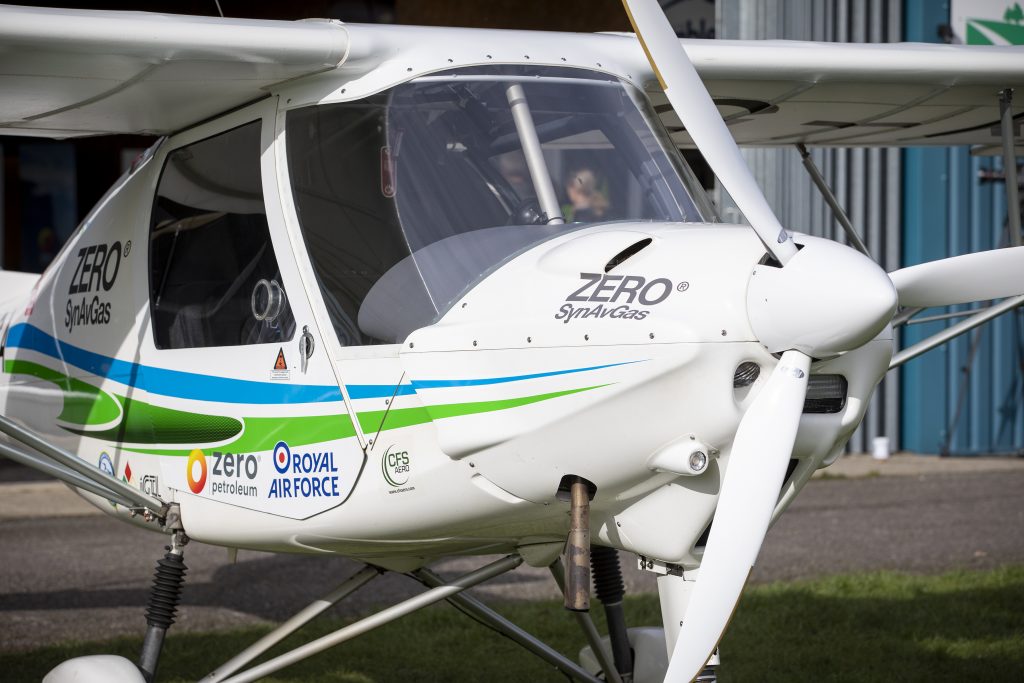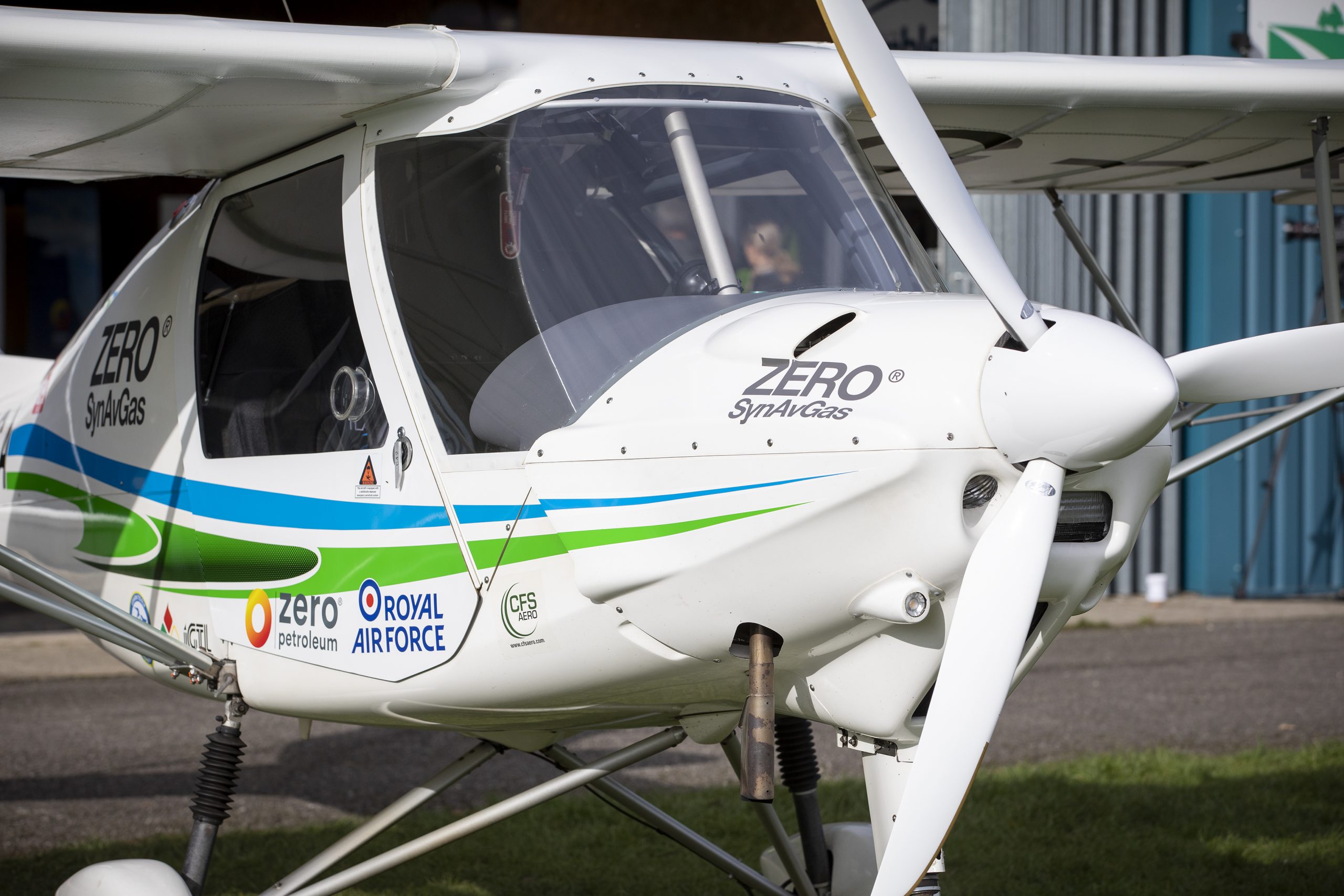
View From an Approved Training Organisation (ATO)
Demand for airline pilots is currently soaring worldwide and, if you are leaving the military soon, your aviation career could be taking off too. Ever dreamt about being a commercial pilot but been put off by some of the perceptions around training for your Airline Transport Pilots’ Licence (ATPL)? You may believe that it is too expensive, that it cannot fit around your family commitments, that you can’t train and work, or simply that it takes too long. Norman Beasant, the Head of Training and Director at Path2pilot.com, a well-established ATPL ground school located near Edinburgh Airport says: “The reality is that there are a variety of routes available to a commercial pilots’ licence (frozen ATPL) that are suited to your circumstances and we want to help you take that step. Investigate our high-quality commercial pilot training with very experienced instructors that is second to none at a price that is excellent value for money. Let’s get over the misconceptions and generic search engine results. Come and talk to us about your path into that airline flight deck and a lucrative second career”
Plus ça change…….
To all past and present military people, being assessed on soft skills has always been an integral part of recruitment, training and annual reports. What was known in the distant past in aviation as “airmanship” has now morphed into “threat and error management” and “core competencies”. As the French put it: plus ça change, plus c’est la même chose.
Faced with the inevitable challenges that aviation throws at you at unexpected times, it is intuitively obvious that being able to think and communicate clearly, logically and effectively is vital to leading a team as an aircraft commander. These skills are equally valid competencies in the both the military and civil aviation context and need to be developed progressively. Sadly, a lack of them in some commercial pilots has led to several major airline accidents and serious incidents particularly in the last decade. For example, an over-reliance on automation is one of the threats that has been identified that needs to be actively managed by developing and maintaining these core competencies from day one of commercial pilot training. Although usually very reliable, sometimes the aircraft computer says no!
This new commercial licence training requirement was published by EASA in a Safety Directive 5 years ago under the catchy title of “Knowledge, Skills & Attitudes”, otherwise known as ”KSA100”. It has now been introduced from the very start of commercial pilot training in ground school courses and is already common practice in many airlines. For all EASA and CAA ATOs, the mandatory introduction of KSA100 training and assessments in ATPL ground training is now a reality. For budding airline pilots, it is no longer sufficient just to pass the 13 ATPL exams to move on to the flight training phase.
EASA left its ATOs to individually develop their own approach to meeting this new challenge, subject to the formal approval of its National Aviation Authorities. So, you will find a variety of different
approaches from individual ATOs to meeting the new KSA100 learning objectives set by EASA and also adopted by the UK CAA post Brexit.
Path2pilot’s Head of Training, Norman Beasant, comments: “We have fully embraced this new requirement and have gained both CAA and EASA approval for our methods of KSA100 training and assessments. We are already issuing Completion Certificates to our graduates and ex-military personnel have a great head start and transferrable skills in these vital core competencies. Satisfactory KSA Certificates are now needed in addition to just passing the 13 ATPL exams for future commercial pilot licence applications, both in the UK and all EASA states. To meet this requirement, Path2pilot.com has greatly widened the scope of its ATPL classroom training and introduced practical skills training using external simulator resources and assessment days involving team/individual exercises and mental maths. Our students leave very well prepared for flight training and their future career in commercial aviation. As all airlines aim to recruit not just qualified pilots but potential future aircraft commanders, this new KSA training should also help equip our students to stand out from the crowd in securing their first airline job”.

